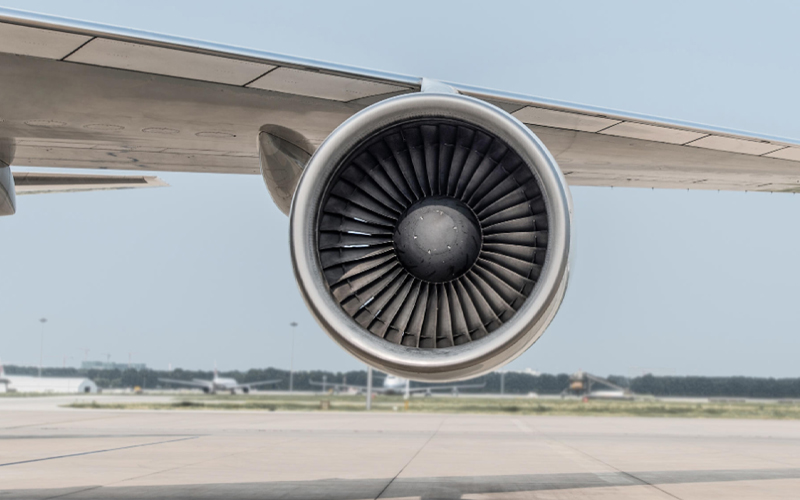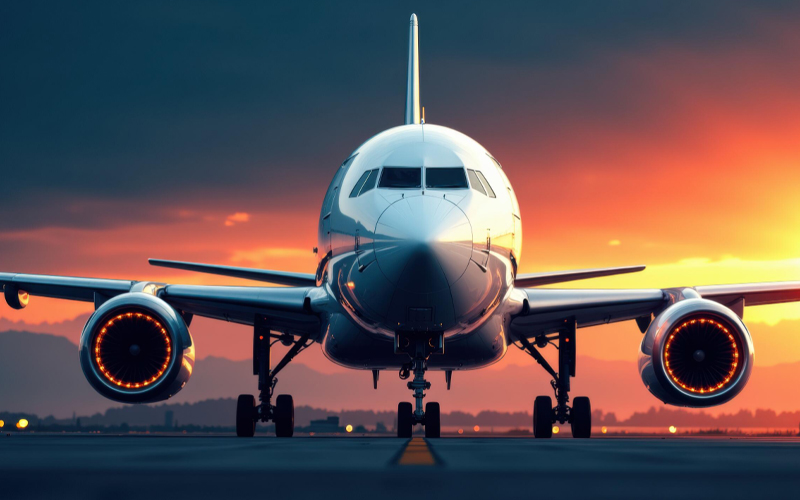With growing customer expectations for rapid delivery, businesses face increased pressure due to last-mile delivery bottlenecks, expensive infrastructure, and frequent supply chain delays. These pain points are leading many companies to turn to cutting-edge technologies, with autonomous drone technology emerging as a key player in reshaping the future of logistics.
As businesses seek to leverage AI capabilities to improve their transportation and logistics management, Infosys BPM offers tailored solutions that can help optimise the potential of autonomous drone technology. With extensive expertise in AI in logistics and transportation, Infosys BPM empowers businesses to adopt cutting-edge solutions that enhance operational efficiency, improve delivery times, and boost customer satisfaction.
The global market for drone package delivery is experiencing remarkable growth, with experts estimating it to grow from $5 billion in 2024 to $33.4 billion in 2030 at a CAGR of 37.7%. This growth is reflected in 14,000 daily deliveries, for a total of 5 million B2C drone deliveries in 2024, a number that is likely to soar to a staggering 808 million within the next decade.
These projections highlight the immense potential of drone delivery services to revolutionise logistics. The rise of Autonomous Aerial Vehicles (AAVs) is undeniably transforming the delivery and transportation landscape. As AI continues to play a significant role, businesses must explore how this technology will shape the future of drone delivery for efficient logistics and transportation.
Role of AI in the evolution of autonomous drone technology
Autonomous drone technology is at the heart of logistics innovation. Industries around the globe are exploring the diverse applications of autonomous aerial vehicles, from last-mile delivery to healthcare logistics and even warehouse automation. However, the key to their increasing popularity and efficiency lies in AI, which is pushing the boundaries of what these drones can achieve.
AI-enhanced efficiency in drone delivery
By integrating AI logistics and transportation, drones can now navigate their environment with unprecedented precision. By leveraging sensor fusion and machine learning algorithms, autonomous drone technology can detect obstacles, optimise flight paths, and ensure efficient delivery routes, even in crowded urban environments. This means fewer delays and faster deliveries, particularly in regions where road traffic can severely hinder traditional transportation methods.
Real-time data analysis and decision-making
AI enables AAVs to make decisions on the fly, enhancing their ability to adapt to dynamic environments. Using advanced algorithms, AI in logistics and transportation helps drones assess factors such as weather, traffic, and airspace conditions in real time. This enables them to optimise delivery routes, manage schedules, and avoid potential disruptions, resulting in timely, reliable service for customers.
Weather and traffic adaptation
Weather conditions often create significant delays for traditional delivery services. However, AI-powered drone delivery services can adjust their flight paths according to real-time weather data, reducing disruptions from factors like rain, fog, or strong winds.
Enhanced load management and stability
Modern autonomous aerial vehicles are capable of managing the load they carry with incredible precision. AI-driven autonomous drone technology optimises the load distribution and ensures stability during flight, preventing potential malfunctions or accidents. This capability is particularly important in applications like healthcare logistics, where delivering delicate items like medical supplies requires absolute stability.
Safety, compliance, and flight control
With AI-powered flight control systems, AAVs can ensure compliance with aviation regulations while maintaining flight stability and safety – a top priority in drone operations. By integrating AI with real-time monitoring systems, drones can detect potential risks, avoid collisions, and adhere to strict safety standards, creating a safer and more reliable delivery service.
Energy efficiency and sustainability
In an age where sustainability is paramount, AI in logistics and transportation is playing a crucial role in enhancing the energy efficiency of autonomous aerial vehicles. AI systems can optimise battery usage, adjust flight patterns to conserve energy, and even select the most energy-efficient routes, contributing to greener operations. This is particularly important as the demand for eco-friendly logistics solutions is growing.
Drone delivery services: Challenges, opportunities, and the road ahead
While the potential for autonomous drone delivery is enormous, businesses must navigate several challenges for AAVs to become mainstream. The key challenges of adopting drone delivery services include:
- Regulatory hurdles: Evolving laws and regulations for AAV operations.
- Privacy concerns: Managing data protection and surveillance issues.
- Safety issues: Ensuring secure operations to prevent accidents.
Despite these challenges, the opportunities for improving customer experience, reducing environmental impact, and driving innovations in autonomous drone technology are vast. The future of drone delivery is full of exciting possibilities. The key trends shaping the drone delivery service landscape include:
- Autonomy in navigation: Drones will become increasingly autonomous, reducing the need for human operators and enhancing efficiency.
- Battery efficiency: Innovations in battery technology will make longer flight times and heavier payloads possible.
- Swarm technology: As the ability of AAVs to communicate and work together continues to improve, swarm technology will open doors for more synchronised delivery systems and improved scalability.
With governments worldwide developing new policies to ensure safe and legal drone operations, autonomous drone technology is becoming an increasingly viable and attractive solution for businesses around the globe.
The integration of AI in logistics and transportation is fundamentally transforming the delivery landscape. With the continued growth of autonomous drone technology, businesses can look forward to more efficient, sustainable, and reliable delivery systems. As AI and AAVs evolve, they will continue to overcome the challenges of traditional delivery models, opening up exciting opportunities for the future of logistics.








